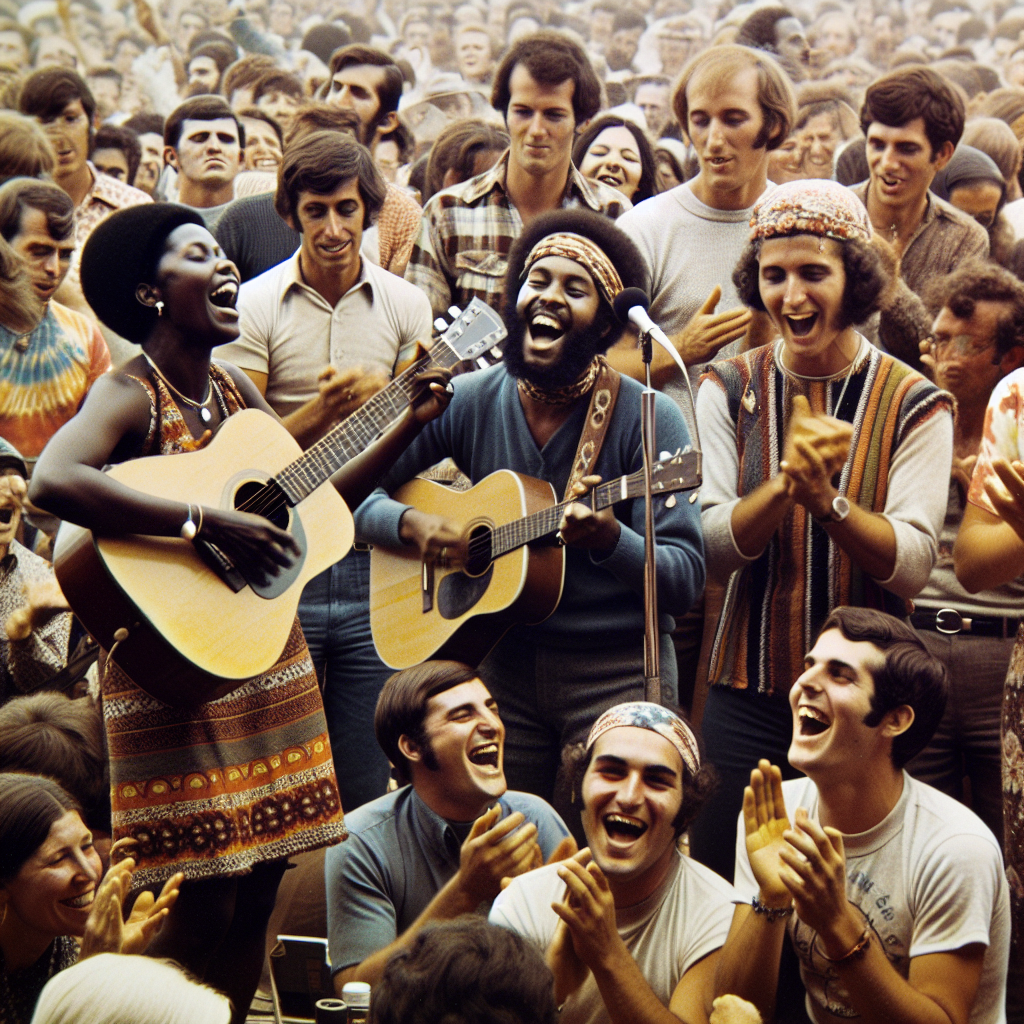During the 1960s, folk music played a significant role in shaping the cultural landscape of the era. It was a time of great social change and upheaval, and folk music served as a powerful medium through which musicians could express their views on politics, society, and the world around them.
One of the key ways in which folk music made an impact on culture in the 1960s was through its influence on politicians. Artists like Bob Dylan and Joan Baez used their music to comment on issues such as civil rights, war, and poverty, inspiring political movements and influencing public opinion. Their songs became anthems for social change and helped to mobilize people towards activism.
In addition to its political impact, folk music also had a significant influence on fashion during this time. Musicians like Joni Mitchell and Judy Collins popularized bohemian styles that became synonymous with the counterculture movement of the 1960s. Their free-spirited approach to fashion inspired a generation to embrace individuality and reject mainstream norms.
Furthermore, technology played a crucial role in spreading folk music during this era. The rise of radio and television allowed artists to reach larger audiences than ever before, enabling their messages to resonate with people across the country and around the world. This technological advancement helped to solidify folk music’s place in popular culture.
Overall, the cultural impact of folk music in the 1960s cannot be overstated. It served as a powerful tool for social change, influencing politicians, shaping fashion trends, and leveraging technology to reach new audiences. The legacy of this era continues to inspire musicians today, reminding us of the enduring power of music to shape our world for the better.


Get involved!
Comments